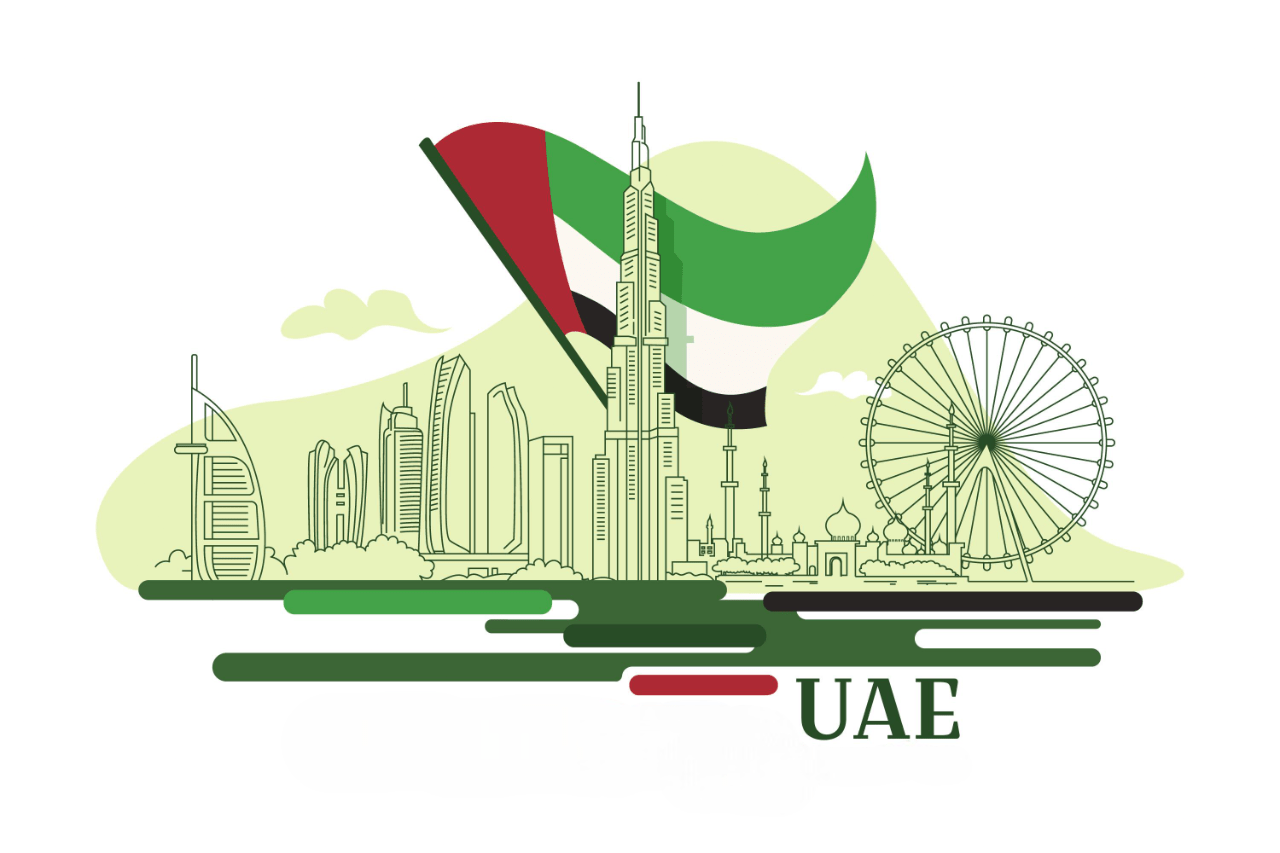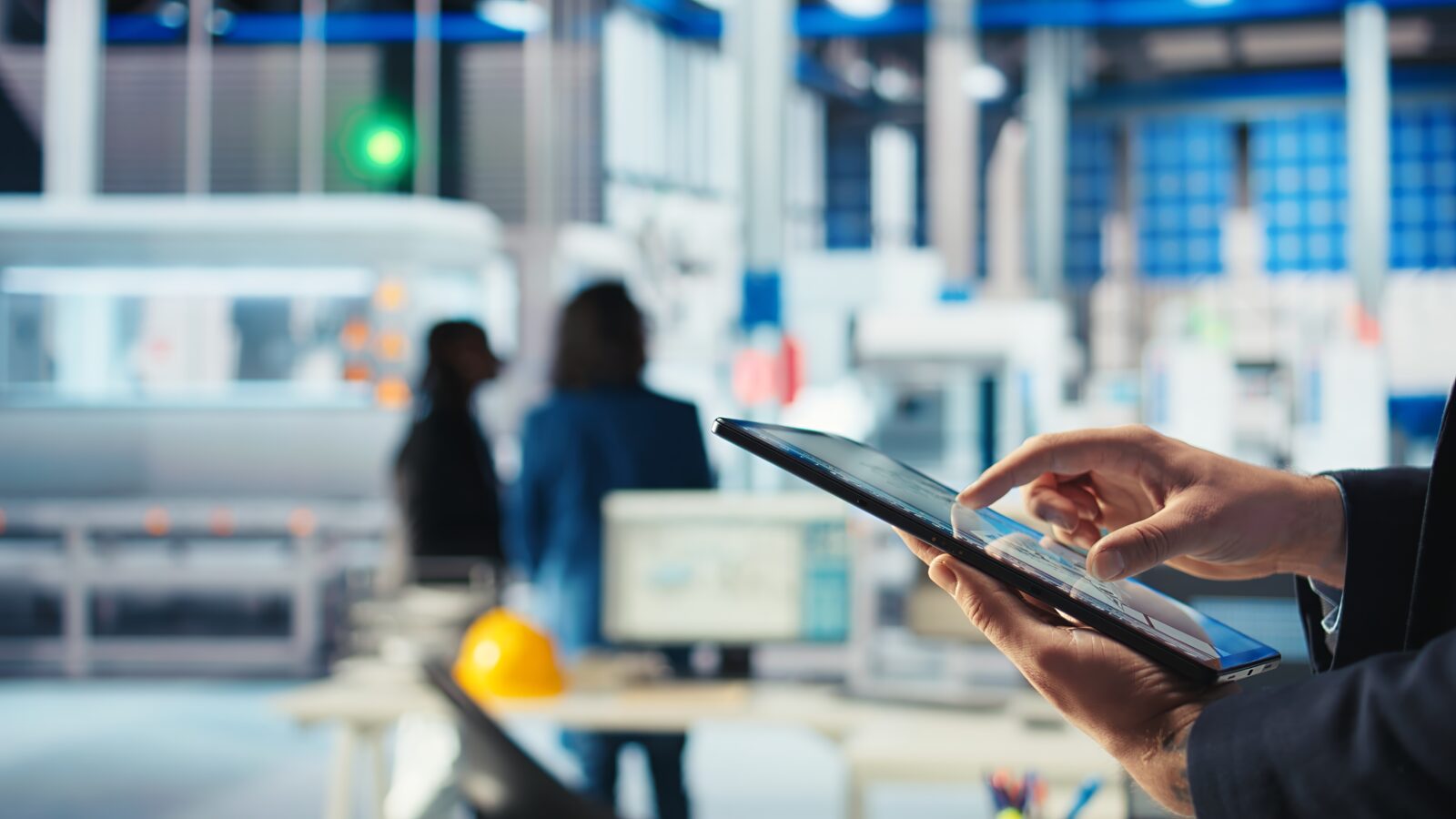Digital water utility is transforming water management by using AI, IoT, and smart metering, making urban water systems more efficient and sustainable.
This optimization of resources can lead to a reduction in non-revenue water by as much as 15%, according to the World Bank.
But what makes this digital water utility so critical?
This article explores how these technologies improve operations, reduce water loss, and extend the lifespan of infrastructure, answering the pressing challenges faced by today’s water utility sector.
The Digital Transformation of Water Utilities
A combination of hydroclimatic challenges, economic considerations, and regulatory pressures drive the digital transformation in the water sector.
With aging infrastructure posing significant challenges, water utilities are becoming digitally integrated, proactive, and financially sustainable entities.
But what does this transformation entail, and how is it shaping the future of water utilities?
Artificial Intelligence (AI), Internet of Things (IoT) sensors, data analytics, and smart metering are leading technologies in this digital revolution.
These digital technologies are not merely add-ons to existing systems but transformative tools that are fundamentally reshaping the water utility sector.
We can mention some benefits these technologies include:
Automated processes
More efficient operations
Improved data analysis
Enhanced decision-making capabilities
These technologies are paving the way for an innovative and automated future in the water industry.
One notable application is the ability to read water meters from a distance, a process detailed in our comprehensive guide, How Water Meters are Read Remotely.
However, effective digital transformation doesn’t occur overnight. It requires organizational and technical development, a strong willingness to digitize, and the ability to transform large volumes of data into actionable insights.
As water utilities worldwide embark on this digital transformation journey, they are discovering that the key to success lies in harnessing the power of these emerging technologies to drive better decision-making and improvements in efficiency, demand management, and water treatment processes.
Embracing Smart Metering with Waltero
Smart metering is a game-changing technology that propels the digital transformation of water utilities. Waltero, a pioneer in this field, is revolutionizing the way utilities operate by turning any utility meter into a smart digital meter in seconds.
This transformative technology is making waves in the water utilities sector, and for good reason.
The beauty of Waltero’s technology lies in its universality and simplicity.
The W-Sensor, designed by Waltero, is compatible with every type of utility meter, making it a universal solution for smart metering. Moreover, once installed, this technology enables customizable reporting, simplifying data communication and consumption tracking for businesses.
Waltero’s smart metering technology is not just about turning analog meters into digital ones; it’s about empowering utilities to harness real-time data for more efficient and sustainable water management.
The Role of IoT in Water Utility Management
The Internet of Things (IoT) is another vital element in the digital transformation of water utilities. IoT devices play a crucial role in water utility management, enabling:
The collection, storage, sharing, and integrated analysis of extensive data sets
A data-centric approach that provides a comprehensive overview of the water utility sector
Optimization of operations and improvement of service delivery
IoT sensors, like Waltero’s, provide real-time information on water consumption, leaks, and system integrity, enabling utilities to make informed decisions and take proactive measures. By integrating IoT technologies with existing systems, water utilities worldwide are enhancing their service delivery, improving operational efficiency, and paving the way for a digital future.
Advancing Water Services with Real-Time Data
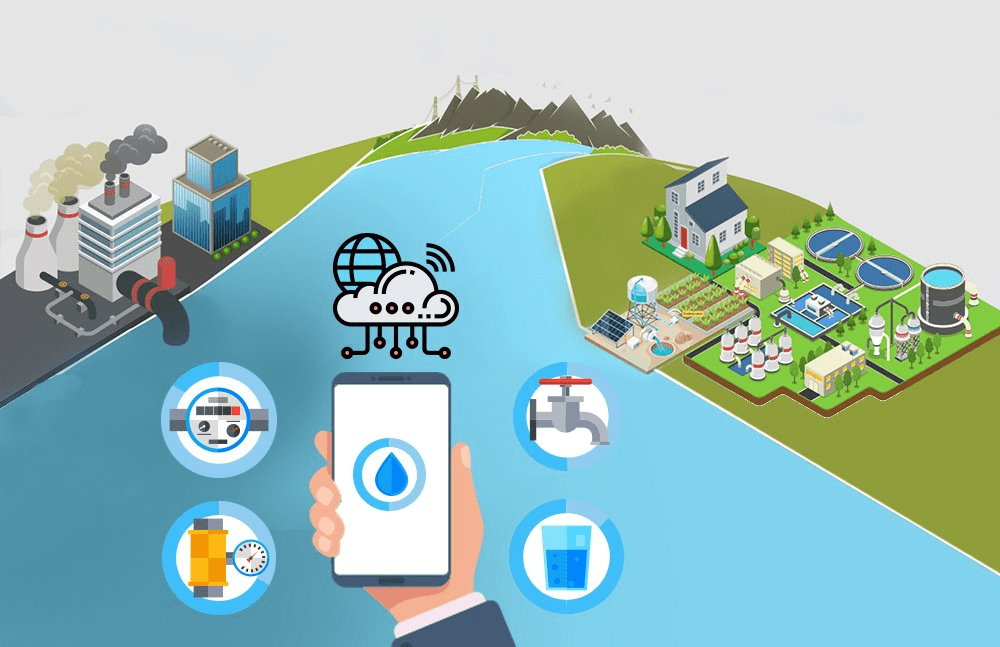
The availability of real-time data is a significant benefit of digital transformation in water utilities. Real-time monitoring and control systems are critical for:
Preventing and rapidly responding to water system issues such as leaks or faults
Minimizing service disruptions
Improving the management of water supply, demand, and distribution.
Technologies like smart metering and monitoring, offered by Waltero, enable real-time water consumption tracking. This helps businesses and consumers detect leaks, save energy, and reduce the environmental impact of water distribution systems.
These advancements have significantly enhanced water quality management, allowing for the immediate detection of changes and proactive risk management.
Waltero’s cloud platforms in water management have:
Increased transparency and accountability
Fostered trust and engagement between utilities and communities
Allowed users to track water usage and receive alerts
Promoted responsible water consumption
Contributed to overall water conservation.
Enhancing Asset Management through Digital Solutions
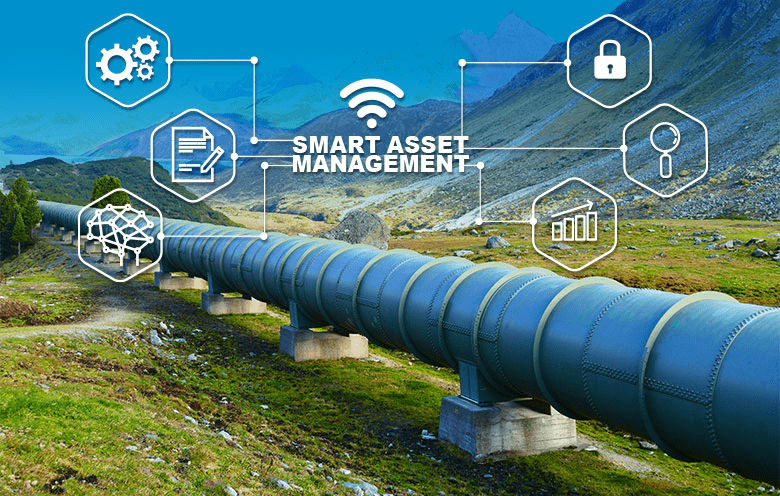
Asset management in water utilities is being revolutionized by digital solutions.
Advanced data collection, management, and predictions of Waltero for instance provide an accurate real-world representation of water utility consumption, aiding in comprehensive asset management. This digital intelligence, combined with visualization and analysis tools, helps manage assets by pinpointing water levels, and risky situations and optimizing emergency-responsiveness.
In addition to providing better field operations, these digital solutions contribute to predictive maintenance techniques. Such techniques derived from digital technologies minimize downtime and improve the performance of vital water utility assets.
The implementation of advanced remote monitoring can even enhance existing infrastructure’s longevity without significant capital investments. From smart metering technology to CCTV robots, digital solutions are transforming the way we manage water utility assets and paving the way for a more efficient and sustainable future.
Reducing Water Loss with Advanced Leakage Detection
The significant challenge of water loss for water utilities worldwide can be overcome through innovative methods of W-Sensors from Waltero which assist utilities in locating leaks efficiently, often before they surface, thereby aiding in effective water conservation.
W-Sensor’s IoT technologies enable precise monitoring and detection of leaks. They provide real-time data on water quality and system integrity. This allows utilities to respond swiftly to leaks, reducing water loss and contributing to environmental sustainability.
Economic Benefits of Digital Water Utilities
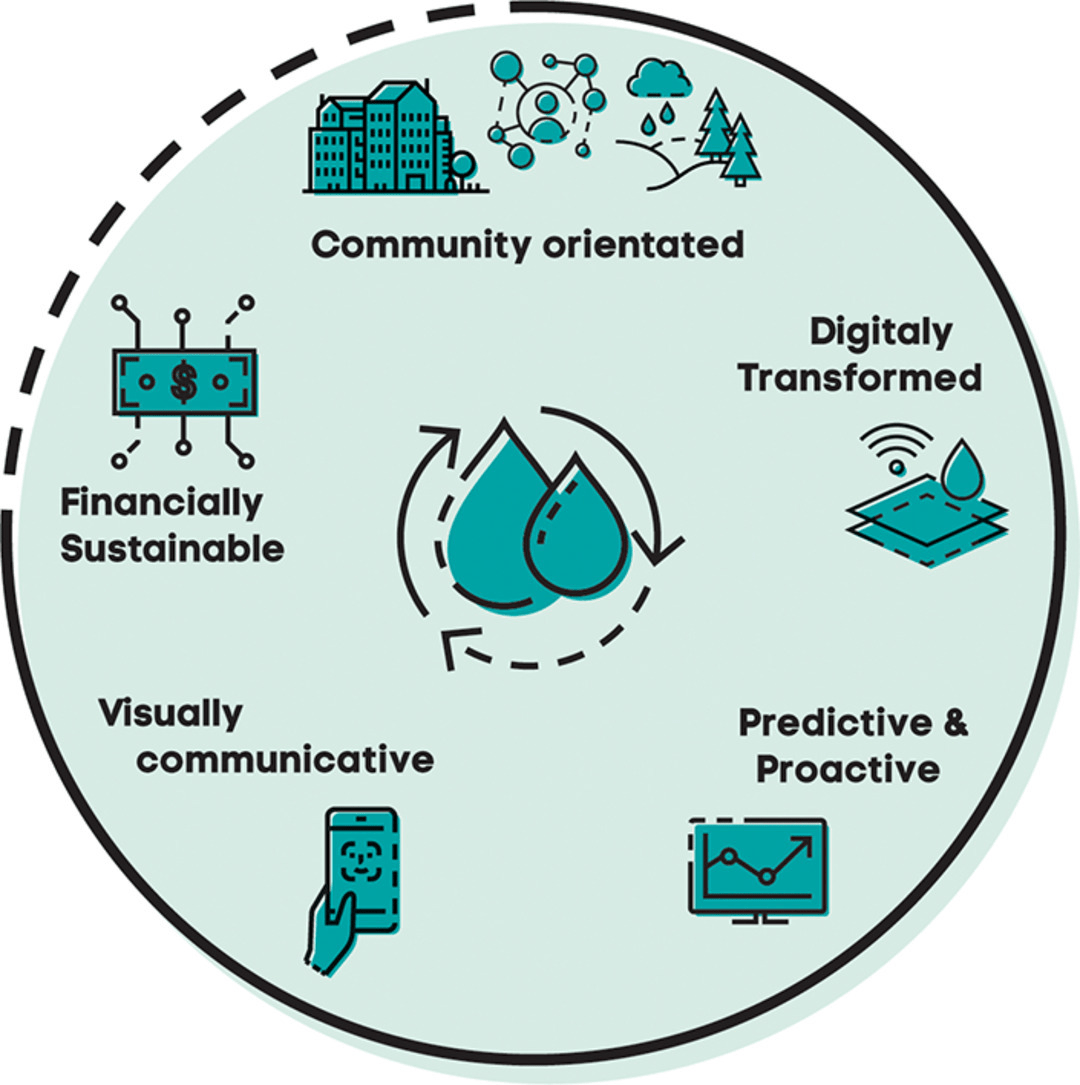
Digital transformation in water utilities yields substantial economic benefits. Estimates suggest that digital transformation in drinking water distribution, wastewater collection, and drainage combined could save an estimated €80.6 billion in capex and €85.6 billion in opex globally. Similarly, the global water management industry, including the water distribution network, could save more than $70 billion annually through digital transformation.
It’s no surprise then that 66% of water utilities undergoing digital transformation are primarily driven by economic factors.
Digital transformation is not only about adopting new technologies; it’s about empowering water utilities to overcome a spectrum of challenges including:
management limitations
aging infrastructure
advanced treatment technologies
regulatory compliance
By harnessing the power of digital solutions, utilities can improve all aspects while enhancing service delivery.
Cost Savings and Efficiency Gains
Operational efficiency and sustained cost savings are significantly improved by digital water metering technologies. By pinpointing ways to optimize water use across the utility, these technologies can significantly boost efficiency for both individual parts of the system and the water and wastewater processes as a whole.
Moreover, smart utilities are integrating advanced technologies like AMI and AI to enhance efficiency and optimize the management of network resources. While digital upgrades for water utilities involve substantial initial investments in equipment like sensors and monitoring systems, these contribute to sustained cost savings by improving water efficiency and reducing leaks. This underscores the long-term economic viability of digital transformation in the water utility sector.
Investment in Longevity: Extending the Life of Aging Infrastructure
Today, the water sector faces the primary issue of renewing and replacing aging water infrastructure. However, Waltero’s technology offers a solution to such an issue by enabling the continued use of old meters within water utilities.
The technical lifetime of analog meters is extended due to the implementation of Waltero’s innovative solutions. By leveraging Waltero’s technology, water utilities can:
Delay the need for expensive infrastructure overhauls
Ensure a longer technical lifetime for their existing assets
Minimize cost
Foster a more sustainable approach to asset management.
Driving Sustainability in Water Management
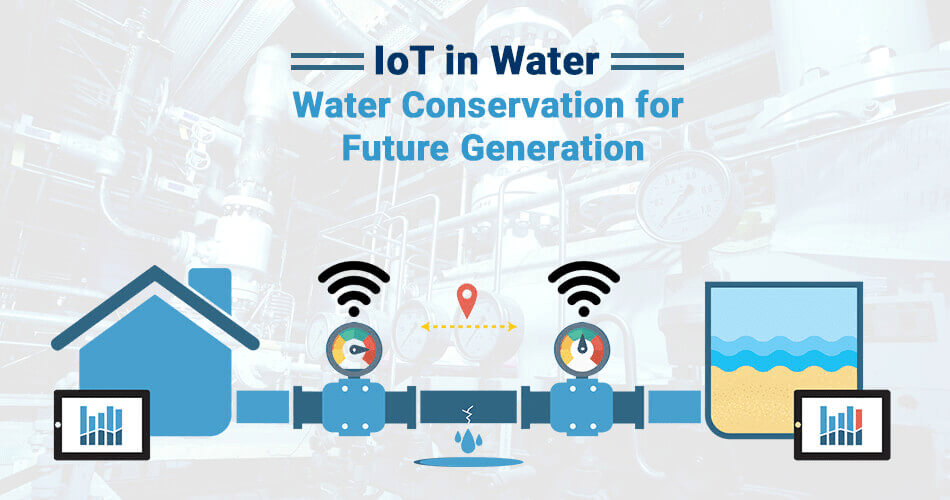
Digital transformation in the water sector centers on sustainability. Digital technologies in water management integrate efficiency with water loss reduction and contribute to lower greenhouse gas emissions, driving environmental sustainability. In addition, digital transformation has enabled water utilities to improve their preparedness for technical and climate-related challenges, enhancing resilience.
In fact, the digital transformation in the water sector can accelerate the achievement of sustainable development goals by:
Optimizing water supply and demand management
Integrating efficiency with sustainability
Improving the way we manage water resources
Contributing to a more sustainable and resilient future.
Minimizing Environmental Impact Through Technology
The sustainability of water utilities is enhanced by IoT devices and advanced wastewater treatment technologies. IoT devices optimize energy efficiency in water distribution and treatment, reducing the environmental impact. Real-time sensors, for instance, rapidly identify changes in nutrient concentrations, helping to mitigate water loss and eutrophication.
Moreover, advanced wastewater treatment technologies, such as membrane filtration and biological processes, improve water quality for reuse, supporting water conservation. By sharing information and resources among utilities, more effective and environmentally friendly water management strategies can be developed at wastewater treatment plants.
These technologies are not only optimizing water use but also paving the way for a more sustainable entire water utility sector.
Waltero’s Commitment to Sustainable Water Practices
Waltero’s commitment to environmental sustainability in the water industry is evident in its use of renewable energy technologies. Solar panels, wind turbines, and hydropower systems are key components of Waltero’s sustainable practices.
By transitioning from fossil fuels to renewable sources, Waltero contributes to the reduction of greenhouse gas emissions in the water sector. Waltero’s commitment to sustainability goes beyond its innovative technology solutions; it reflects a broader vision for a sustainable and resilient water industry.
Overcoming Barriers to Digital Adoption
The journey of digital transformation, despite its potential, is not without challenges. Some of the challenges that can impede digital transformation in the water sector include:
Limited resources
Technical expertise
Management constraints
Aging infrastructure
Economies of scale
These challenges are particularly relevant for small utilities, which may face additional hurdles in adapting to digital innovations.
Moreover, utility leaders have identified a range of problems in implementing digital projects, often expressing concern over mismatches between what vendors offer and what utilities need. However, these challenges are not insurmountable.
Partnering with larger utilities, government agencies, and industry organizations can aid small water utilities in overcoming the obstacles to digital transformation.
Simplifying Installation and Scalability
The simplicity of Waltero’s technology is one way that digital transformation is made more accessible to water utilities. Waltero’s W-Sensor offers the following benefits:
It can be installed quickly and easily without the need for specially trained personnel.
This minimizes installation costs.
It enables utilities to implement smart metering technologies rapidly and efficiently.
Once installed, Waltero’s system offers the following benefits:
Infinite scalability: Utilities can scale their digital solutions in line with their needs, without incurring significant costs or complexities.
Simplified installation: Waltero makes the installation process easy and straightforward.
Achievable digital transformation: By simplifying installation and scalability, Waltero is making digital transformation more achievable for water utilities.
Navigating the Procurement Puzzle
For small utilities looking to adopt digital projects, procurement challenges can pose a significant barrier. Limited resources and specialized knowledge often make the procurement process daunting. To alleviate these challenges, Waltero offers a combination of:
Financial support
Technical assistance
Collaborative partnerships
Shared services
Regulatory support
Tailored technology solutions
This comprehensive approach helps small utilities navigate the procurement puzzle and successfully implement digital projects. By offering the necessary support and resources, Waltero is enabling more utilities to embark on their digital transformation journey and realize the benefits of innovative water management solutions.
The Future of Water Utilities: A Vision for Smart Cities
The vision for smart cities is intrinsically linked with the future of water utilities. By 2050, close to 70% of the global population will reside in cities, necessitating smart technologies for economic, social, and environmental sustainability.
Smart water management systems will become critical to support urban centers’ growth, ensuring efficient resource utilization and mitigating stresses on infrastructure.
Emerging technologies, exemplified by Waltero’s solutions, will be pivotal in enabling water utilities to meet the needs of a growing urban population while adapting to the exigencies of climate change.
The interconnectivity of smart city infrastructures, including water utilities equipped with cutting-edge technologies like Waltero’s, will forge a path to a more sustainable and resilient urban future.
Integrating Water Systems with Citywide Smart Infrastructure
An integrated approach that coordinates water supply, wastewater, stormwater management, and land use planning benefits urban water management. This approach, involving collaboration among stakeholders, ensures efficient resource utilization and mitigates stresses on infrastructure.
In addition, implementing green infrastructure such as permeable pavements and green roofs aids in natural water retention and mitigates issues like urban heat islands and excessive runoff. Such integrated and sustainable approaches are key to managing water resources effectively in our future cities.
Predictive Analytics and AI: The Next Frontier for Water Utilities
In the future of water utilities, predictive analytics,& and AI are set to play a crucial role. These technologies are enhancing water quality, predicting water demand, and promoting efficient water resource management in the utility sector.
From predictive maintenance to water quality models, AI and predictive analytics are utilizing data from IoT devices to detect intricate patterns and correlations across water systems.
By leveraging these emerging technologies, water utilities can anticipate equipment failures, streamline maintenance schedules, and even achieve substantial energy savings. This is the future of water utilities – a future powered by predictive analytics and AI.
5 Frequently Asked Questions on Digital Water Utility
1. What technologies are driving the digital transformation of water utilities?
Artificial Intelligence (AI), Internet of Things (IoT) sensors, data analytics, and smart metering are driving the digital transformation of water utilities. These technologies are at the forefront of innovation in this sector.
2. How does Waltero’s technology contribute to the digital transformation of water utilities?
Waltero’s technology transforms water utilities by converting traditional meters into smart digital meters, offering customizable reporting and simplifying data communication for effective consumption tracking. This revolutionizes the digital transformation of water utilities.
3. What are the economic benefits of digital transformation in water utilities?
The economic benefits of digital transformation in water utilities include significant global savings and improved operational efficiency, leading to sustained cost savings.
4. How do digital technologies contribute to sustainability in water management?
Digital technologies in water management enhance efficiency, reduce water loss, lower greenhouse gas emissions, improve water quality, and promote efficient resource management. Using these technologies contributes to overall sustainability in water management.
5. What is the future of water utilities in smart cities?
The future of water utilities in smart cities entails integrating water systems with citywide smart infrastructure, utilizing predictive analytics and AI for improved water resource management, and ensuring efficient resource utilization to support urban centers’ growth. It is crucial for the sustainable development of smart cities.
Summary
The digital transformation of water utilities, driven by technologies like smart metering and IoT, is revolutionizing the water sector.
From enhancing operational efficiency to fostering sustainability, digital transformation is paving the way for a more efficient, resilient, and sustainable future for water utilities.
While challenges exist, solutions like those provided by Waltero are helping utilities overcome these barriers and fully harness the potential of digital technologies.
As we look to the future, it is clear that digital transformation, underpinned by predictive analytics and AI, will be at the heart of smart, sustainable cities.
